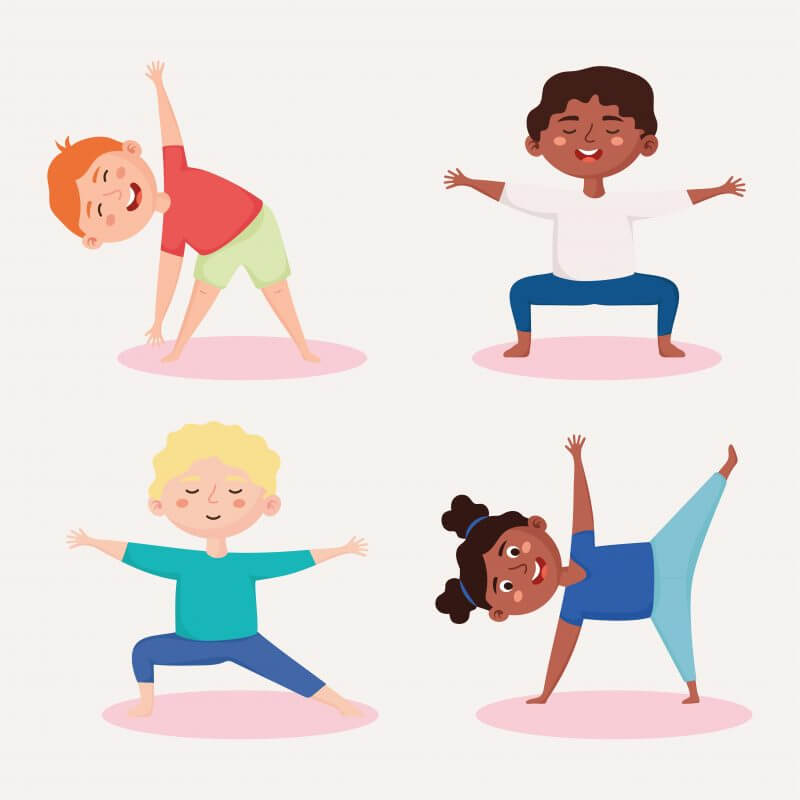
The Fine Motor Skills
Fine motor skills, in a nutshell, are about using our smaller muscles (like the ones in our hands) to handle tasks by manipulating tiny objects. These skills are vital for our everyday activities, from picking up coins to tackling homework.
In the grand scheme of things, we rely on fine motor skills for a bunch of daily tasks. Think about the three areas of daily life:
- Buttoning clothes
- Tying shoelaces
- Brushing teeth
- Managing bathroom cleanup
- Using utensils for eating
- Handwriting
- Coloring
- Using scissors
- Operating IT gadgets for work or study
- Art and craft activities
- Construction play: playing with Lego, puzzles, building models, or train tracks
- Using gadgets for leisure activities like watching YouTube or playing video games

These skills are interwoven into our daily routines, assisting us in various areas of life. Imagine fine motor skills as the visible result of all these sub-skills working together:
Manual Dexterity:
This is about skillfully and accurately using your hands to manipulate small objects.
Perceptual Motor Skill (body awareness):
This helps us understand our body parts through our senses when doing tasks and interacting with the world. It provides information on directions, time (fast vs. slow), and space while performing tasks.
Visual Motor Integration:
This involves organising visual input and generating appropriate actions based on it.
Graphomotor Skills:
Primarily involves using fingers for handwriting tasks, enabling us to write, color, or draw.
Now, let’s dive into strategies to boost children’s fine motor skills:

Start from the Core and Move to the Fingers:
Good core stability ensure your child to perform fine motor tasks in a “better position”. Encourage an active lifestyle to promote overall physical health and strengthen the core muscles (abdomen and back). This enhances the child’s general postural control, supporting fine motor skills. Additionally, engage them in activities that enhance shoulder strength and stability to improve dexterity. Incorporate various fine motor activities in their daily routine to enhance hand strength, allowing better manipulation and endurance.

Begin with Small Actions:
Just like we discussed in our gross motor skills article, skill development is all about learning and varies from child to child. Research suggests that consistent practice greatly enhances fine motor skills. You can integrate fine motor practices into daily routines through games or regular activities without formalising them as “practices.” Start with activities involving a pincer grasp, using the thumb and index finger. Get creative with exercises like threading pasta, playing games with theraputty, or engaging in imaginary play with coins. Everyday tasks like clipping wet clothes on the line or moving the laundry basket can also help. Activities such as drawing, coloring, and sticker books are great for encouraging children to hold a pencil and practice using both hands together.

Identify the Dominant Hand:
Encourage your child to favor one hand as their dominant hand, which will support pre-writing and writing skills in the future. As your child grows, you’ll notice them naturally favoring one hand for tasks like scribbling or picking up objects. Encourage them by naming the dominant hand as the “working/ doing hand” and the non-dominant hand as the “helper hand.” This can help differentiate the hands based on their functions. Sometimes, children might switch hands during fine motor tasks due to a lack of strength. Pincer grasps and hand-strengthening activities can assist in building endurance.
Here are some tips to help boost children’s fine motor skills. Stay tuned for more helpful info heading your way!
HSE. (2019). Hand Dominance, accessed 08/10/2023, <https://www.hse.ie/eng/services/list/1/lho/corknorthlee/therapy/paediatric-occupational-therapy/hand-dominance.pdf>.
Lin, L. Y. (2019). Differences between preschool children using tablets and non-tablets in visual perception and fine motor skills. Hong Kong Journal of Occupational Therapy, 32(2), 118-126.
Oktavia, D., Bali, M., Rahman, H., Umar, U., Syakroni, A., & Widat, F. (2019, June). Exploration of Fine Motor Skills through the Application of Paint. In Proceedings of 1st Workshop on Environmental Science, Society, and Technology, WESTECH 2018, December 8th, 2018, Medan, Indonesia.
Souto, P. H. S., Santos, J. N., Leite, H. R., Hadders-Algra, M., Guedes, S. C., Nobre, J. N. P., … & Morais, R. L. D. S. (2020). Tablet use in young children is associated with advanced fine motor skills. Journal of Motor Behavior, 52(2), 196-203.
Strooband, K. F., de Rosnay, M., Okely, A. D., & Veldman, S. L. (2020). Systematic review and meta-analyses: Motor skill interventions to improve fine motor development in children aged birth to 6 years. Journal of Developmental & Behavioral Pediatrics, 41(4), 319-331.
